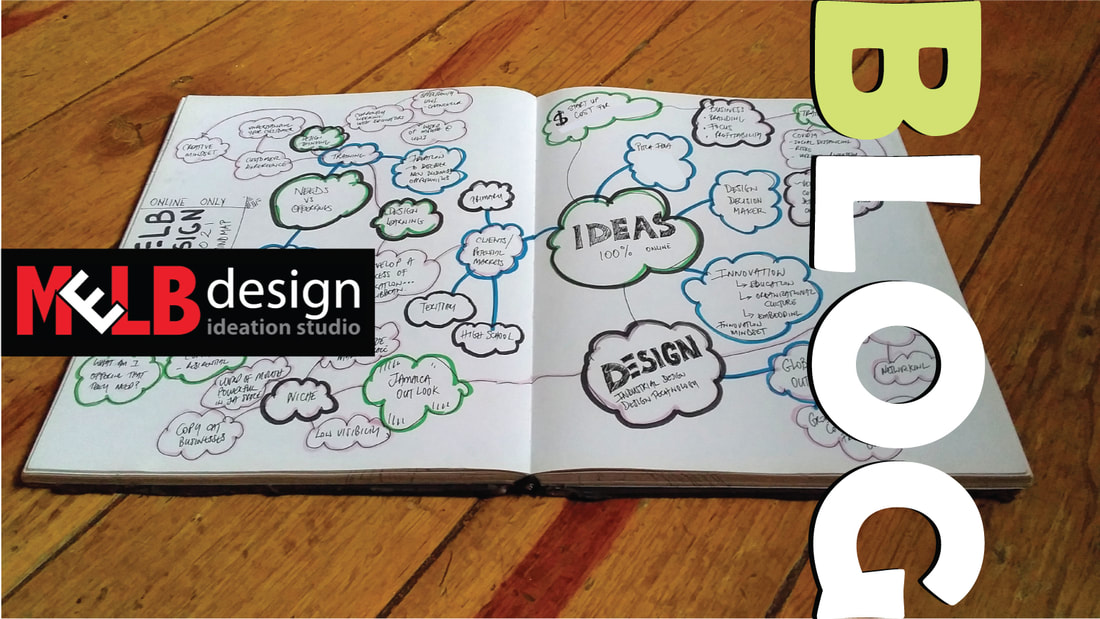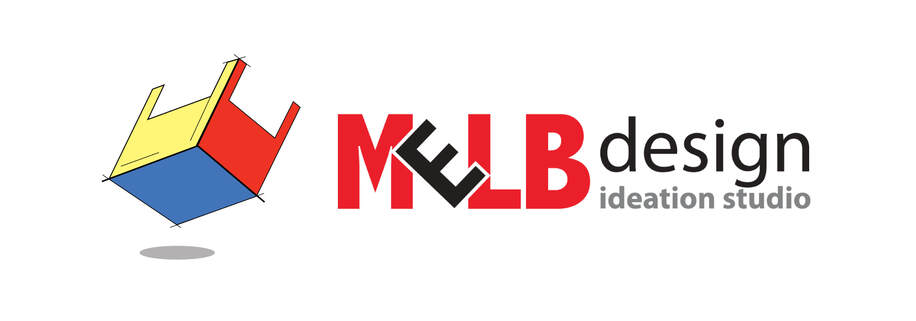|
Introduction:
In recent months, Artificial Intelligence (AI) has become a hot topic of conversation for many across the globe. Several industry experts are actively discussing the pros and cons of this new technological leap. One field that has experienced significant transformation is design education. With AI technologies rapidly evolving, new innovative tools and platforms are revolutionizing design practices, enhancing creativity, and reshaping the way design is taught and learned. My blog seeks to explore the impact AI will have on design education in Jamaica and globally, whilst spotlighting the opportunities and challenges. AI Empowering Design Education: AI has opened up exciting possibilities for fields such as architecture, product design, visual communication just to name a few. It provides students and educators with powerful tools that streamline workflows, boost creativity, and augment design processes. Here are some key areas where AI is making a significant impact:
The Impact in Jamaica: Like the rest of the world Jamaica is poised to embrace the benefits of AI in design education. As STEAM education becomes more important at the primary and secondary levels, the integration of AI in design programs will gain greater momentum. Here are a few key impacts of AI on design education in Jamaica:
Global Implications: The impact of AI on design education extends far beyond Jamaica, reaching design institutions worldwide. As AI continues to evolve, its influence on design education will become increasingly significant. Here are some broader implications:
Conclusion: AI will have a transformative impact on design education by reshaping the learning and teaching strategies at the primary, secondary and tertiary level in Jamaica and across the globe. From empowering creativity and automating tasks to enabling personalized learning and facilitating design exploration, AI offers immense potential for designers. We are entering uncharted waters as AI becomes more pervasive as foreshadowed by many science fiction films and literature. It is evident greater ethical considerations will have to be made to provide design educators and students with the skills necessary to navigate the changing landscape of the industry. AI technologies are the new norm and design education will have to strategically pivot to capitalize on these new possibilities to nurture the next generations of innovators, designers and makers.
0 Comments
|
AUTHORI'm a first time blogger with a few design focused observations to share in cyber space. I hope to trigger dialogue on subjects I'm passionate about. ARCHIVES
June 2024
CATEGORIES |




 RSS Feed
RSS Feed
